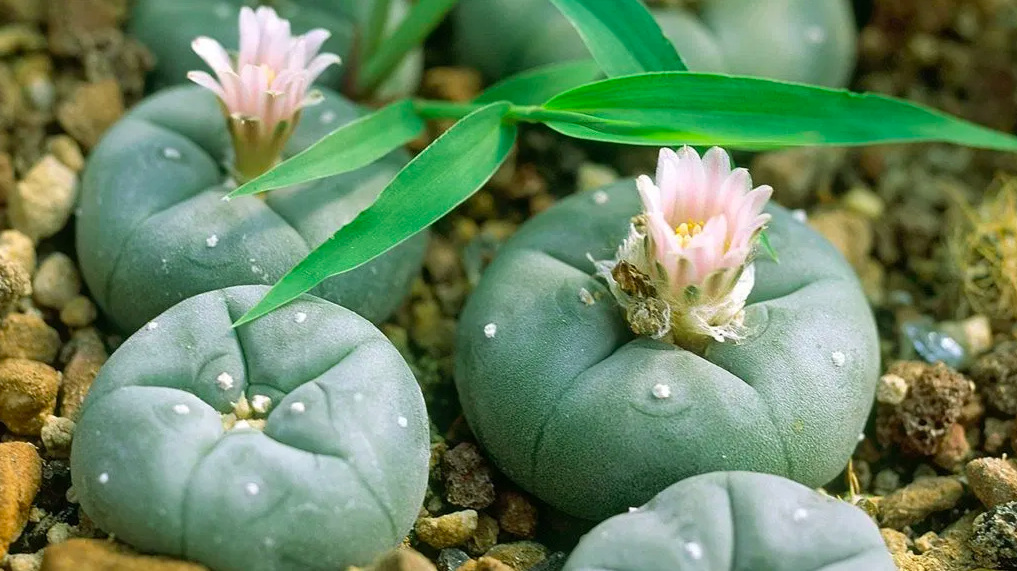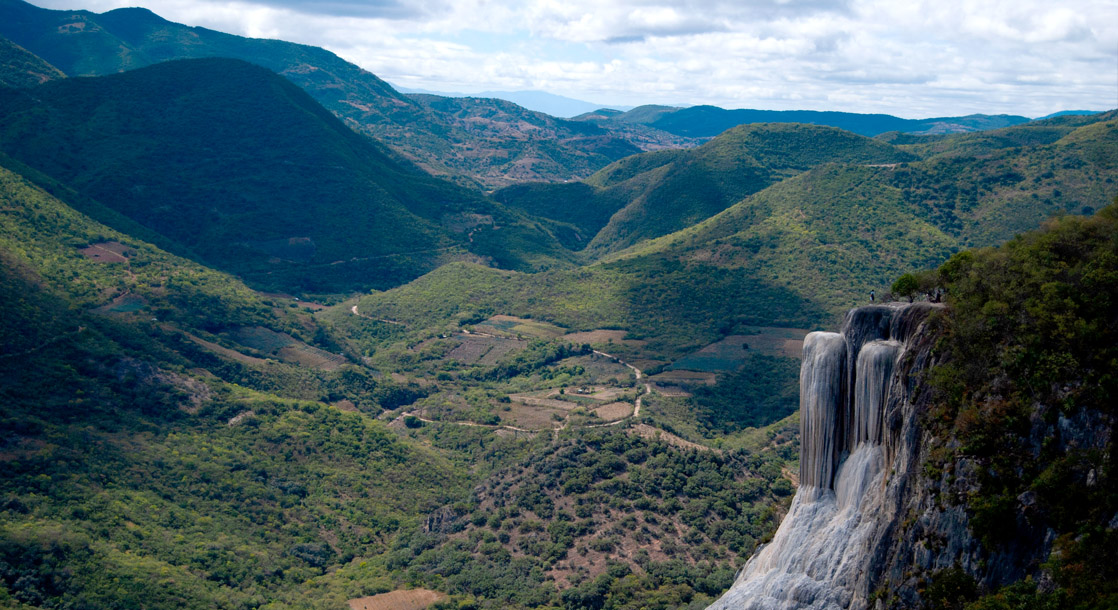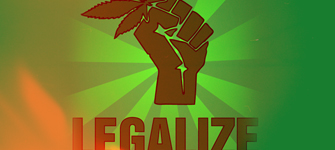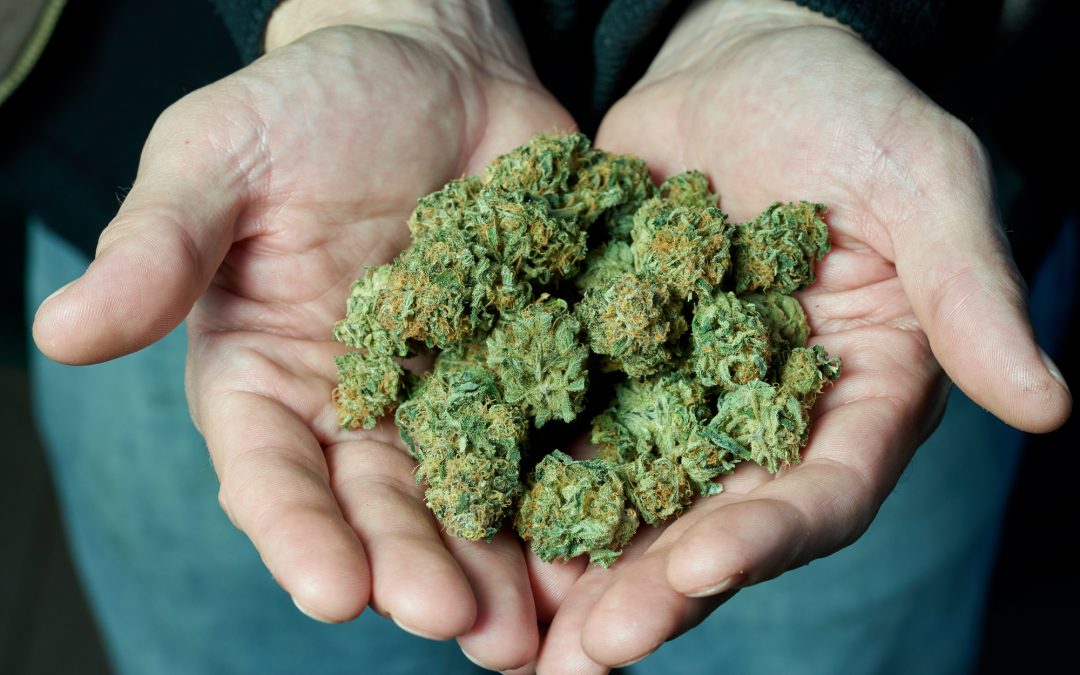Advocates for Indigenous people recently wrote a letter to drug reform advocates and media saying that peyote should not be included in the current wave of psychedelic decriminalization efforts, as reported by Marijuana Moment (where you can check out the statement in full.)
The Indigenous Peyote Conservation Communication Committee identifies the reform efforts as a “morally and ethically pivotal moment for the psychedelic movement.”
“Can those in the movement choose to operate with respect, listening, offering of support and ultimately getting behind the strategies and plans laid out by Native American people?” it continued. “If so, in 40 years we will look back and know the human community has succeeded. If not, it will be another colonial failure regarding Native Americans.”
The question of peyote access is becoming more urgent as the psychedelics decriminalization and legalization movement picks up steam. Across the country, state and local jurisdictions have widened access to various hallucinogenics.
Legal peyote use in the United States is currently restricted to the Native communities for whom the plant plays an important role in their faith. While tribal leaders insist they take no issue with this lifting of psychedelic prohibition in general, they hold that allowing non-Native individuals access to the plant could render it extinct.
This is mainly due to the slow-growing nature of peyote plants, which the IPCCC says can take five to 20 to reach full maturity, and even longer to grow large enough so that the plant can continue regenerating itself after having parts harvested.
“Peyote is a special organism on this continent, the same way Salmon or Orca are, and can have its own regulatory pathway,” the letter says.
Not all decriminalization efforts have ignored the issue. In California, a proposed Senate bill to widen access to psychedelics would not include peyote, out of respect to the Native communities that use the plant as part of their faith.
Decriminalize Nature, one coalition that has been actively pushing for psychedelics decriminalization across the country, responded to the IPCCC letter saying that access could be widened to the succulent even as its preservation is studied.
Peyote “is a key ally in our collective struggle to awaken the masses from the fear-based slumber of disconnection from ourselves, each other, and nature,” wrote Decriminalize Nature chairperson Carlos Plazola in a statement, noting that the group has supported the formation of government task forces to study how to save the plant from extinction.
But the IPCCC seems patently unimpressed by the prospect of such government-led efforts. “What’s needed is not an evaluation of this conservation strategy, but support for it as it evolves,” states the letter.
When contacted for comment by Marijuana Moment, David “Dr.” Bronner said, “It’s extremely disrespectful to assume that the [Native American Church] doesn’t know what they are doing in their efforts to conserve their medicine, and instead propose that a governmental committee be formed to lead this effort, especially given the long history of broken treaties and promises by US governmental bodies.”
The IPCCC is a group formed by the National Council of Native American Churches to focus on conservation issues affecting “all indigenous Peyote people,” and operates a “spiritual homesite” encouraging culturally appropriate use of the sacred plant in the peyote-growing land of south Texas.
The group’s letter included a helpful checklist of supportive behaviors for Native allies, which we’re including below in case anyone needs a reminder:
– Listen.
– Respect and defer to representative indigenous leadership even if it is hard for you to understand.
– Understand that there are processes of change happening inside these native cultures that need time and support to unfold.
– If you have technical support (like CCI), offer it only when and how it is needed and directly requested.
– Respect traditional knowledge and methodologies.
– Notice when you are using colonial thinking or tactics.
– We know better.
– We have rights too.
– We can find someone who is native to create a dissenting opinion and tokenize to back up our point of view.
– This has to happen NOW on western time.
– Question and speak up when you see any of these behaviors playing out











